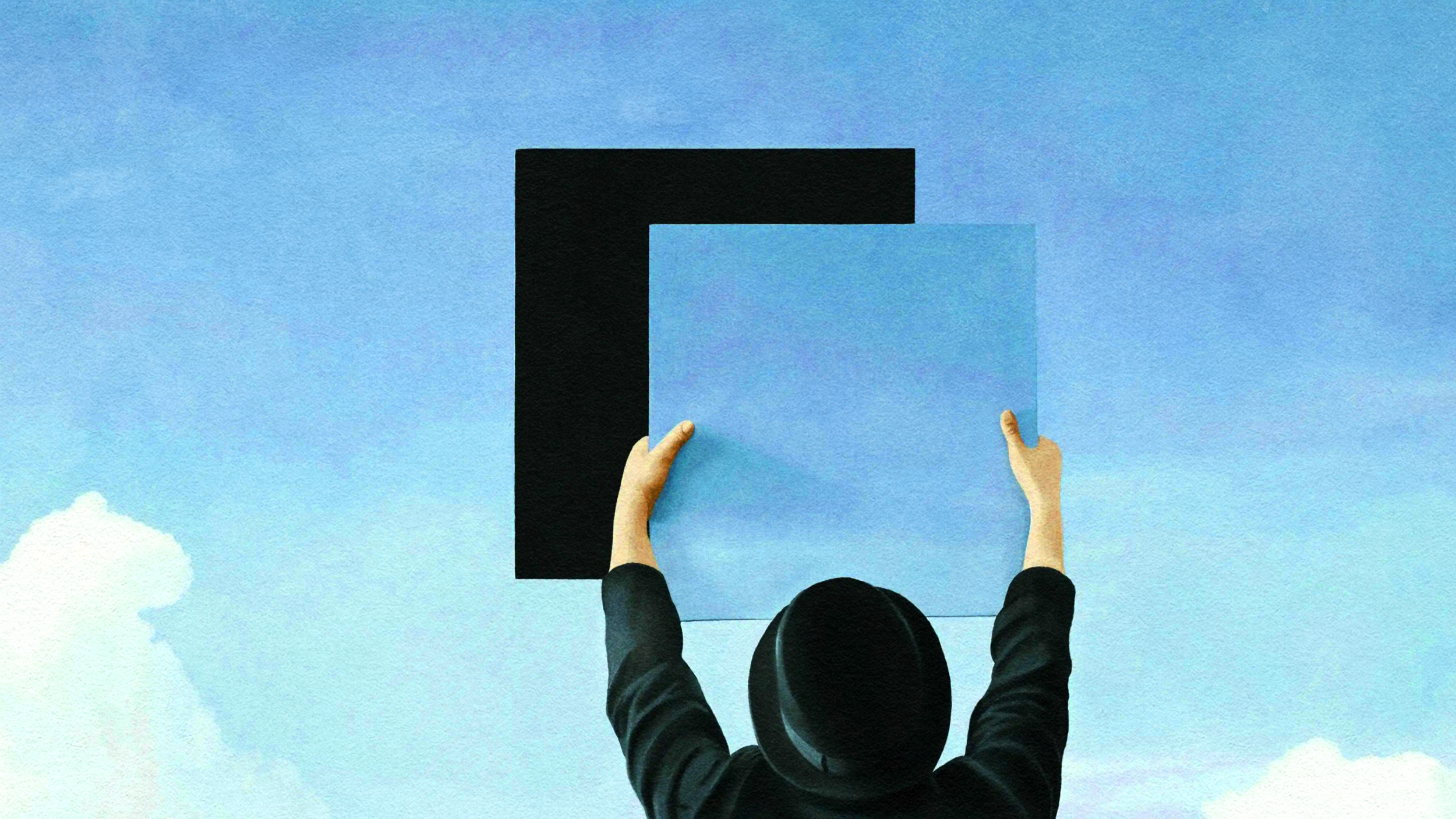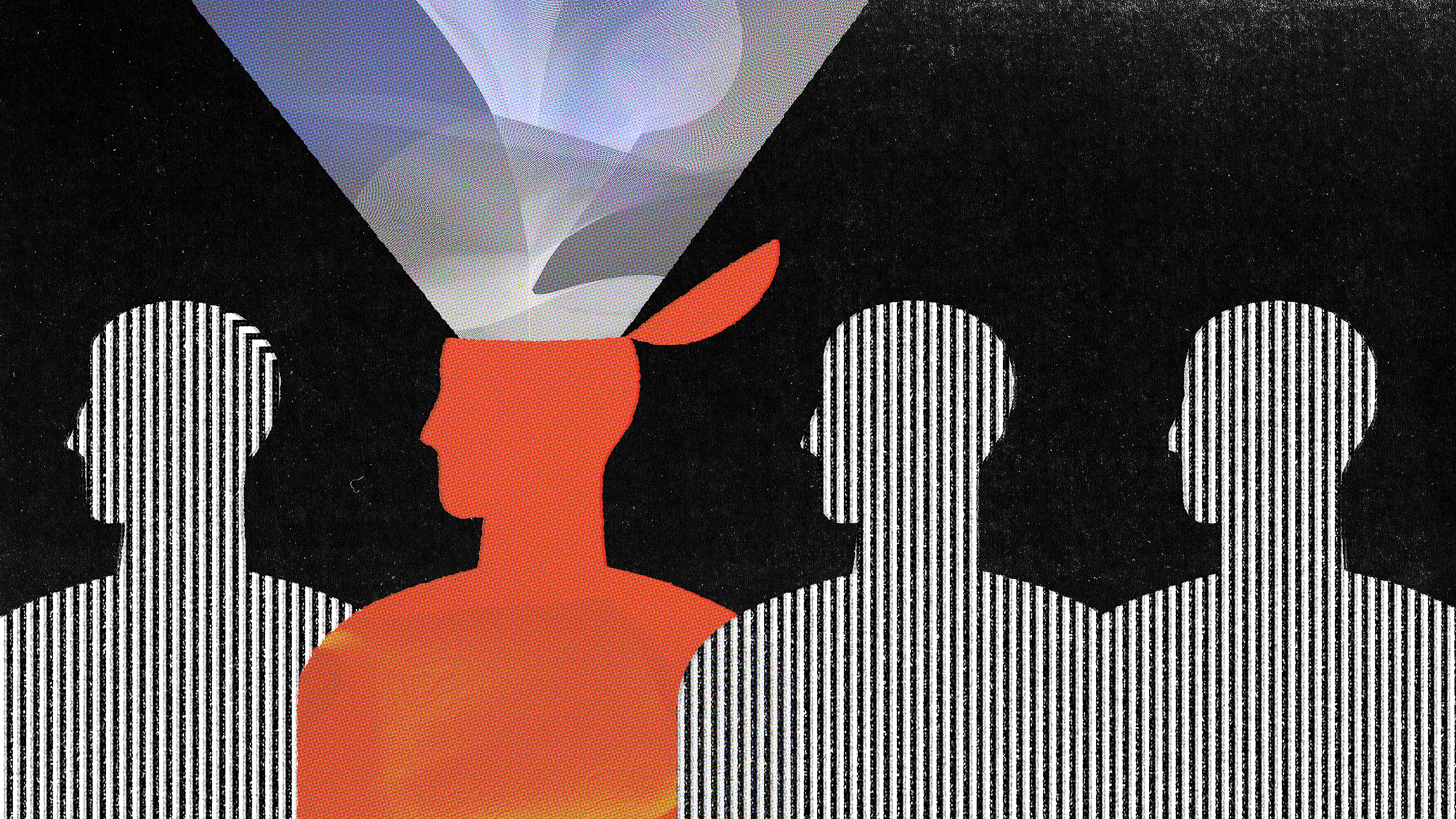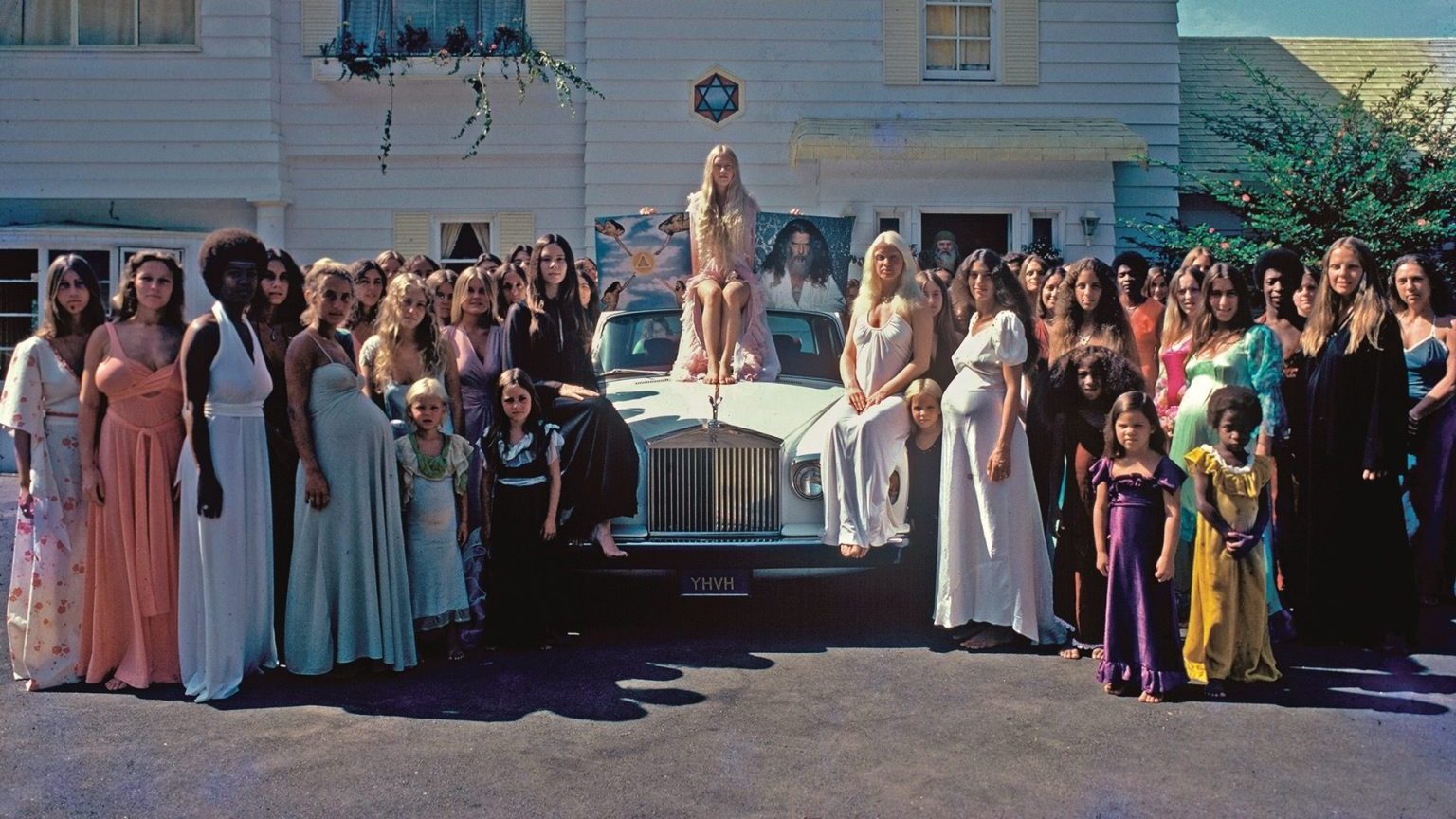Robert Lacey explains what you need to know about Saudi banks, why you should check out Saudi McDonald’s tell you everything you need to know about the culture, and why Arabia was the birthplace of tourism.
Question: What sites or cultural quirks should travelers to Saudi Arabia know?
Robert Lacey: It’s odd to think of this, but Arabia invented tourism. I mean the pilgrimage, which has been going on now 1,400 years, it was the beginning of mass tourism and with all the mechanisms of transferring money, people traveling together in bulk to save money, escorts to guide you, but that’s only a form of tourism that’s open to Muslims in Saudi Arabia. There is very little tourism for non Muslims. You’re only going to go to Saudi Arabia these days if you’re a business person. Business women go as well as businessmen and you’ll go to one of three cities. You’ll go to Riyadh, which is the capitol in the center or you might go the Jeddah on the Red Sea cost in the west or if you’re particularly involved in the oil business you’ll go to the east to Dhahran, which is where the oil was first discovered and where the oil fields are to this day, comfortable western hotels, very good food on the whole Lebanese food and a very warm welcome from the Saudis that you do business with. You will not meet, unless you’re invited by your Saudi business partner to his home to meet his family, you will not meet Saudi women because they are kept away from visitors and you know I think you’ll be struck if you’re a visitor to Saudi Arabia by the amount of segregation.
Every McDonald’s counter for example has a single end and the family end as it’s called and single men go to the single end, but families and women go to the other. In the eating areas of McDonald’s it’s all curtains in the family area, so families go, all the tables are surrounded by curtains so they can go in there and not be seen, then it’s possible for you. I mean just think of the practical problems of how you eat if you’ve got a veil, so you go into a curtained area, the ladies do and then they can take off their veil in the presence of their family. That’s another interesting thing. When you go to a Saudi home everybody is dressed quite normally, well the women are, in western clothes. The black that they wear is like a… Is like what it is, an outer garment that they take off as they come in the door and they hang it by the door and then in the house they’re often wearing jeans and sneakers and then the time comes to go out and they put on the uniform and they move on.
Banks, there are male banks and female banks in Saudi Arabia, men’s branches, women’s branches. The men’s branch is staffed by men. The women’s branch is staffed by women. Quite a lot of women businessmen in Saudi Arabia because from the beginning of Islamic history women have always been entitled to a half share of every inheritance. When a man dies his sons get a full share, his daughters get a half share. Now that’s not fair by modern standards, but for thousands of years… Well 1,400 years in the West women didn’t get any share at all. It’s only quite recent. I mean let’s just think a hundred years ago women didn’t have the vote in western countries, father ruled the roost at home, girls were supposed to keep themselves tidy, remain virgins until they got married. A girl who was thought to have slept around was damaged goods. We were very suspicious of other races. We all had capital punishment. In the south of America non whites got lynched in the street. You know it’s only recently that these things have -- were part of everyday reality in the West and so I think we are a little eager and too hurried to judge the fact that Saudi Arabia still has some of these things and is in fact trying to get rid of them.
Recorded on: October 20, 2009





